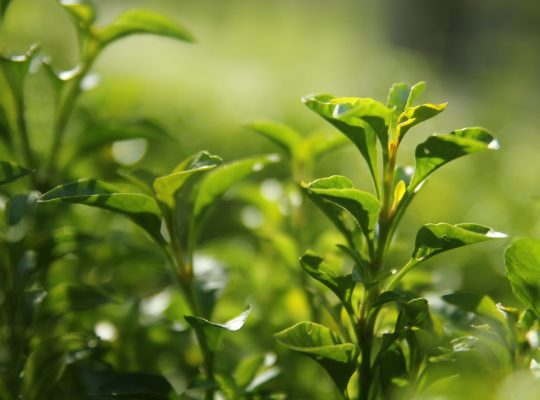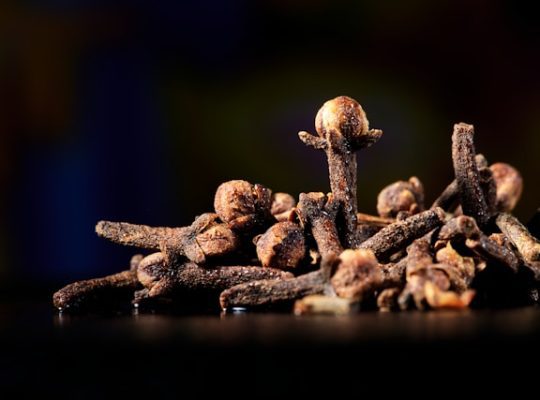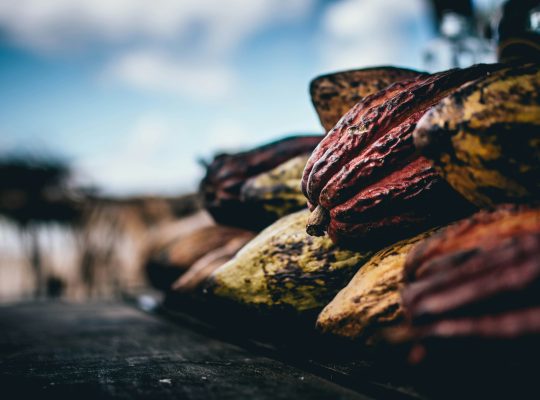The Indonesian Ministry of Maritime Affairs and Fisheries is taking strategic steps to enhance the nation’s lobster farming industry, drawing inspiration from the previously successful tilapia salin farming model in Karawang, West Java. This initiative is part of a broader effort to integrate Indonesia into the global lobster supply chain.
In an effort to streamline this ambition, the ministry has introduced the Project Management Office 724 (PMO724). This team is tasked with ensuring a cohesive internal strategy within the ministry to implement transformative policies in lobster governance. These policies are described in Ministerial Regulation No. 7 of 2024, concerning the Management of Lobsters, Crabs, and Swimming Crabs, which was released in March.
These strategies are designed to curb the illegal smuggling of lobster seedlings to neighboring countries. The project team will be strengthened further by the introduction of a regulation equivalent to a presidential decree, thus bolstering their ability to combat lobster-related smuggling activities effectively.
Highlighting the collaborative approach required in this domain, Minister Sakti Wahyu Trenggono emphasized the need for Indonesia to partner with other nations, including inviting Vietnam to cultivate lobster seedlings within its borders.
As a part of these efforts, the Directorate General of Aquaculture is prompted to develop a clear, detailed model for lobster farming that can be adopted and expanded upon nationwide. This project is set to begin within the year, aiming to establish sustainable and community-inclusive lobster farming practices.
Secretary-General Rudy Heriyanto, who also serves as the Daily Executive Chairman of PMO724, has revealed that a draft presidential decree is being prepared for submission to President Joko Widodo. This decree is expected to fortify the PMO’s authority, clarify stakeholder roles, and secure an independent budget for upholding legal enforcement against the illicit export of lobster seedlings.








